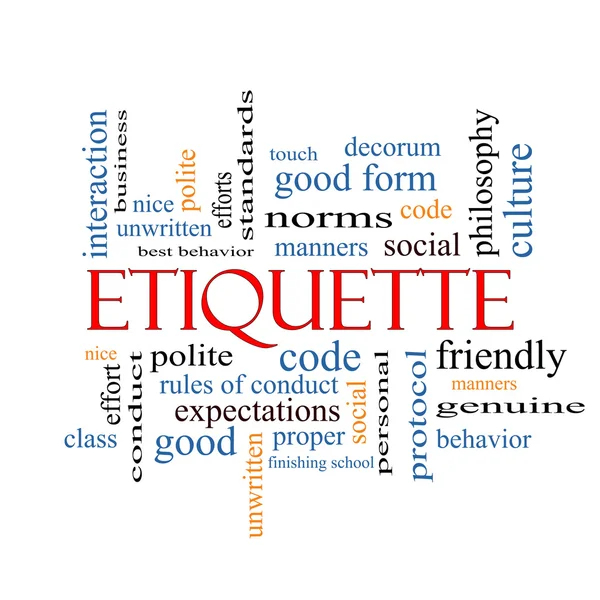El concepto erróneo entre Hispano/a y Latino/a
Las celebraciones para el Mes de la Herencia Hispana han comenzado pero ¿qué significa la palabra <<hispano/a>>? <<Hispano/a>> será igual que <<latino/a>>? Muchos de nosotros usamos estas palabras indistintamente pero en realidad tienen significados diferentes.
La palabra <<hispano/a>> se refiere a personas, culturas o países relacionados con España o la lengua de castellano (o sea, el español). Esto es diferente a la palabra <<latino/a>> que se refiere a una persona de origen o descendencia de América Latina.
Aunque estas palabras son muy similares la diferencia se puede notar en el siguiente ejemplo. Una persona de Brasil es considerada <<latino/a>> porque es de origen o descendencia de un país en América Latina. Sin embargo un brasileño no es considerado <<hispano/a>> porque no viene de un país relacionado con la lengua de español.
Mucha gente ignora esta diferencia porque es muy pequeña, pero las diferencias tienen más impacto cuando se ponen en un contexto histórico.
Como dijo el Dr. Cox, profesor de Español en el Presbyterian College, la idea de <<latino/a>> se remonta a la Modernidad: “Es una palabra que inventaron los franceses para distinguirse de la gente que vivía en Las Indias [la actual América Latina]”.
Es importante entender estas palabras porque, además de utilizarse en un formato descriptivo, también se empleaban para mostrar luchas políticas.
Cuando se le preguntó por el significado de estas palabras, un estudiante del PC afirmó que, en su opinión, la palabra <<hispano/a>> se utiliza más comúnmente o se asocia con la lengua española, mientras que la palabra <<latino/a>> se asocia con la cultura.
Sin embargo, es importante recordar que, a pesar de las definiciones anteriores, un hispano últimamente es cualquier persona que se identifique como <<hispano/a>> o de ascendencia hispana.
Estos términos tienen sus raíces en culturas compartidas y engloban cultura, etnia e identidad; no son categorías raciales.
The celebrations for Hispanic Heritage Month have begun, but what does the word Hispanic mean? Does Hispanic mean the same thing as Latino? Many of us use these words interchangeably, but in reality, they have different meanings.
The word hispanic refers to people, cultures, or countries related to Spain or the Spanish language. This is different from the word Latino, which refers to a person of Latin American origin or descent.
Although these words are very similar, the difference can be noticed in the following example. A person from Brazil is considered to be Latino because he/she is of origin or descent from a country in Latin America. However, a Brazilian is not considered Hispanic because he/she does not come from a country related to the Spanish language.
Many people ignore this difference because it is so small, but the differences have more impact when put in a historical context.
As Dr. Cox, professor of Spanish at Presbyterian College, said, the idea of Latino goes back to modernity: “It’s a word the French invented to distinguish themselves from the people who lived in Las Indias [present-day Latin America].”
It’s important to understand these words because, in addition to being used in a descriptive format, they were also used to show political struggles.
When asked about the meaning of these words, a PC student stated that, in their opinion, the word hispanic is more commonly used or associated with the Spanish language, while the word Latino is associated with culture.
However, it is important to remember that, despite the above definitions, a Hispanic ultimately is anyone who identifies as Hispanic or of Hispanic descent.
These terms are rooted in shared cultures and encompass culture, ethnicity, and identity; they are not racial categories.
These terms are rooted in shared cultures and encompass culture, ethnicity, and identity; they are not racial categories.These terms are rooted in shared cultures and encompass culture, ethnicity, and identity; they are not racial categories.These terms are rooted in shared cultures and encompass culture, ethnicity, and identity; they are not racial categories..






